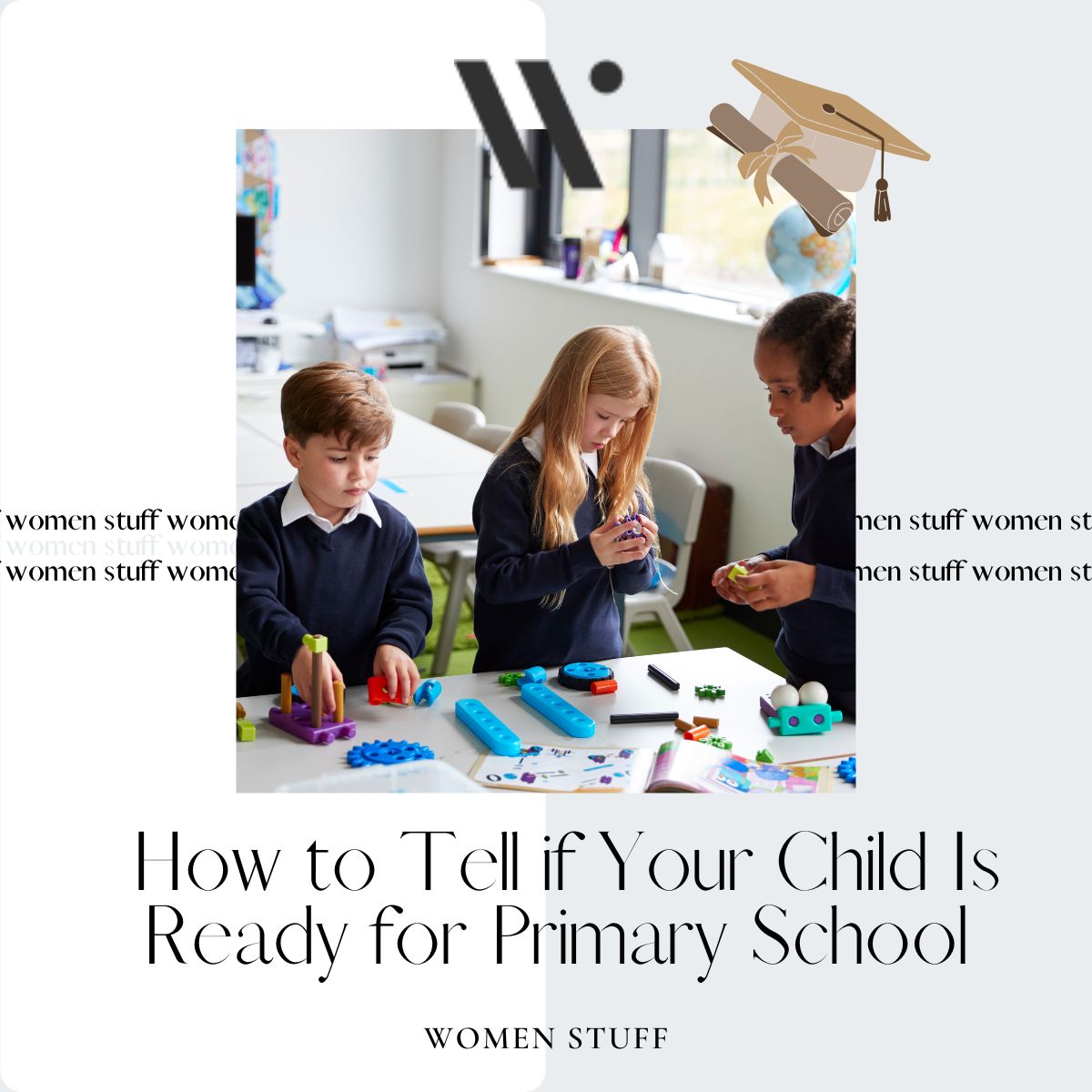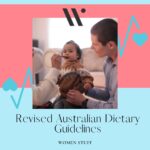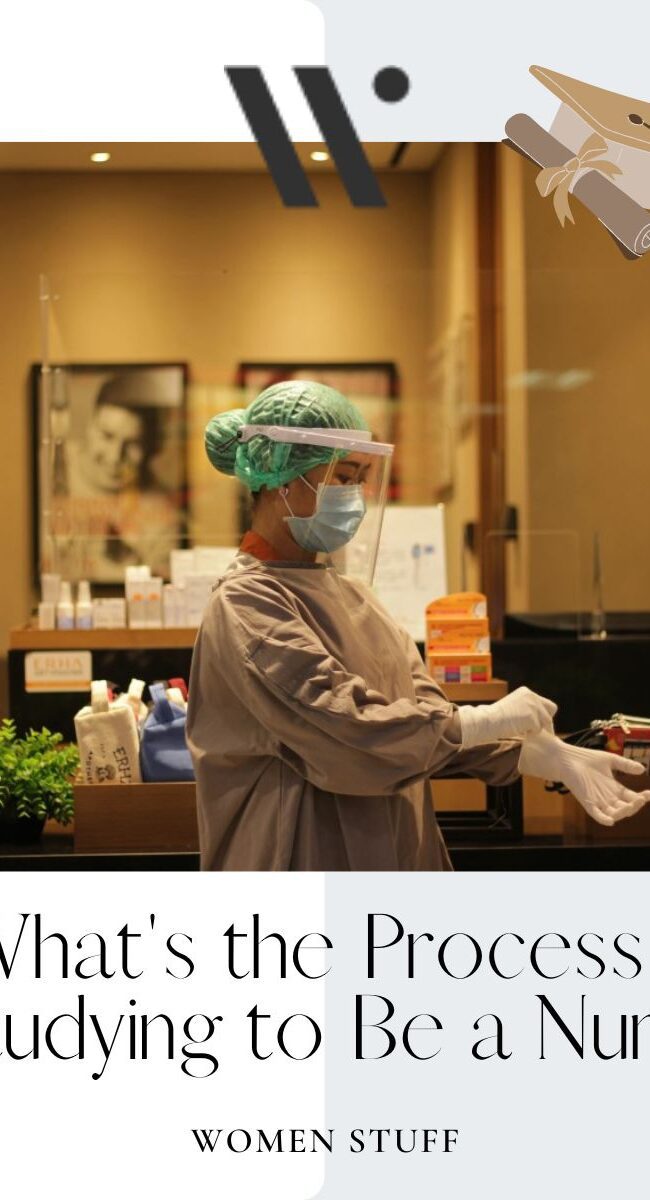
How to Tell if Your Child Is Ready for Primary School or Should Do Another Year of Kinder
Deciding whether your child should start primary school next year—or wait another year in kindergarten—is a big decision.
And if you’re feeling unsure, you’re not alone.
School readiness in Australia isn’t just about a birthday. It’s about whether your child is socially, emotionally, physically, and cognitively prepared for a structured school environment.
Let’s break down the key things to consider, what your kinder teacher can tell you, and how state rules play a role.
What School Readiness Really Means
It’s more than knowing letters and numbers
We often think of school skills as being able to count to ten or write a name.
But readiness is about so much more. It’s the mix of maturity and everyday abilities that help a child cope with school life.
Here’s what to look for:
- Emotional regulation – Can your child manage frustration and bounce back from disappointment?
- Social confidence – Do they feel comfortable playing with other kids and following group rules?
- Physical development – Are they able to sit still for short periods, hold a pencil, or manage basic tasks like opening lunchboxes?
- Cognitive readiness – Can they follow directions, recognize letters or numbers, and start solving simple problems?
Some children may seem “ahead” academically but still find group learning hard. Others may be outgoing and socially ready but need more time with early learning concepts.
How Teachers Can Help You Decide
Your child’s kindergarten teacher sees them in a different light than you do at home. They observe how your child interacts with others, handles structure, and deals with learning challenges.
They’re in a great position to share insights on:
- How well your child handles transitions and routines
- Whether they can stay focused and follow multi-step instructions
- How they behave with peers—do they share, take turns, ask for help?
- Their level of independence during the day
If a teacher recommends another year in kinder, it’s not a sign your child is behind. It usually means an extra year will give them the confidence and tools to thrive once school starts.
When Can Kids Start School? (By State)
Every state and territory in Australia sets its own cut-off date for school entry. Here’s what you need to know:
| State/Territory | Must Turn 5 By |
| Victoria | April 30 |
| NSW | July 31 |
| Queensland | June 30 |
| WA | June 30 |
| South Australia | May 1 |
| Tasmania | January 1 |
| ACT | April 30 |
| Northern Territory | June 30 |
Children born close to these cut-offs often fall into a grey area. That’s when some parents choose “redshirting”—delaying school entry so their child has more time to mature.
This doesn’t mean holding them back. It’s about giving them a stronger start.
How to Make the Best Decision for Your Child
There’s no magic formula for deciding, but here are a few questions that might help:
- Is my child confident in new environments?
- Do they enjoy group play and working with other kids?
- Are they emotionally resilient—able to bounce back when things don’t go to plan?
- Can they handle a full day without getting overwhelmed or exhausted?
- How do they respond to structure, routines, and expectations?
Also think about the long game—how school entry age affects high school years, social maturity later on, and your family’s overall rhythm.
It’s okay to trust your gut. But combining that with your teacher’s feedback and expert advice from a GP or early childhood specialist will help you make a more informed choice.
(Internal link: Link to your “School Readiness Checklist” here)
FAQs About School Readiness in Australia
Q1. What if my child is advanced academically but shy?
That’s common. School readiness is about more than academics. Emotional and social development matter just as much.
Q2. Won’t they be bored with another year of kinder?
Not if it’s a good kinder program. Teachers can adjust activities to challenge older children while still supporting their development.
Q3. Can I change my mind mid-year?
Some schools offer flexible starts or trial periods. Speak with the principal or school before term begins to see what’s possible.
Q4. Is it bad to be the youngest in the class?
Not necessarily, but it can be a challenge. Some younger children keep up fine, while others may struggle with stamina or focus.
Q5. Does delaying school mean they’ll be older in high school?
Yes—but many families see that as a benefit. Older students often cope better with the demands of senior school and social pressures.
Final Thoughts
There’s no perfect age to start school—just the right age for your child.
Some are ready the moment they turn five. Others need more time to build confidence and independence.
School readiness in Australia is about making sure your child walks into the classroom feeling supported, not rushed.
If you’re still unsure, speak to your child’s teacher, your GP, or the school you’re considering. The goal isn’t to start early—it’s to start strong.





